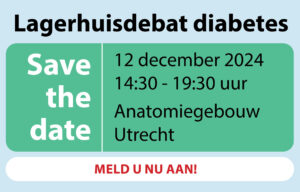Lifestyle interventions slow development of type 2 diabetes by half, but the impact of health payer reimbursement for delivery of intervention programs is not well known. We evaluated net commercial health payer expenditures when offering reimbursement for access to YMCA’s Diabetes Prevention Program (YDPP) in 42 states.
We used a nonequivalent comparison group design to evaluate net health care expenditures for adults with prediabetes who attended one or more YDPP visit between 1 July 2009 and 31 May 2013 ("YDPP users"). Rolling, 1:1 nearest neighbor propensity score (PS) matching was used to identify a comparison group of nonusers. Administrative data provided measures of YDPP attendance, body weight at YDPP visits, and health care expenditures. Random effects, difference-in-difference regression was used to estimate quarterly health care expenditures before and after participants’ first visit to YDPP.
Worksite screening identified 9.7% of the target population; 39.1% of those identified (19,933 participants through June 2015) became YDPP users. Mean weight loss for YDPP users enrolled before June 2013 (n = 1,725) was 7.5 lb (3.4%); 29% achieved ≥5% weight loss. Inclusive of added costs to offer YDPP, there were no statistically significant differences in mean per-person net health care expenditures between YDPP users and PS-matched nonusers over 2 years ($0.2 lower [95% CI $56 lower to $56 higher]). Mean reimbursement to the YMCA was $212 per YDPP user, with 92.8% of all expenditures made for those who attended at a high rate (≥9 completed YDPP visits).
Worksite screening was inefficient for identifying the population with prediabetes, but those identified achieved modest YDPP attendance and clinically meaningful weight loss. Over 2 years, added costs to offer the intervention were modest, with neutral effects on net health care costs.


